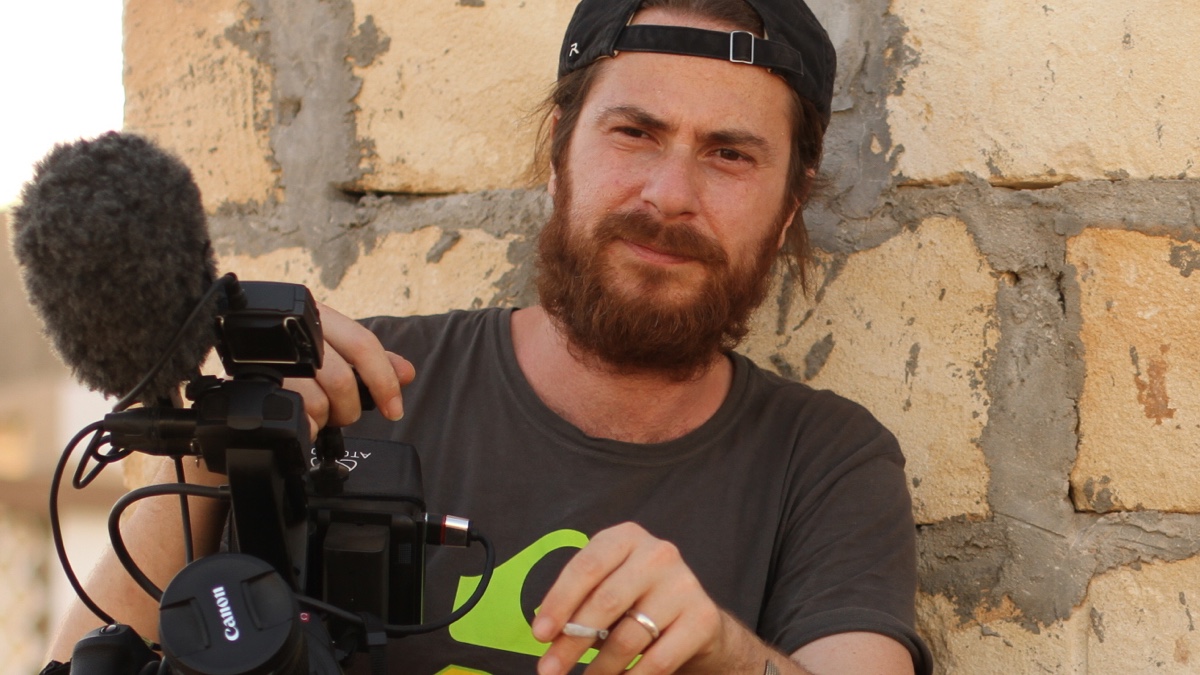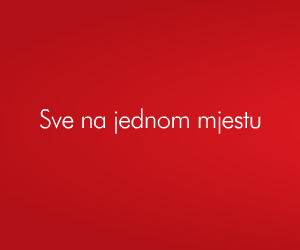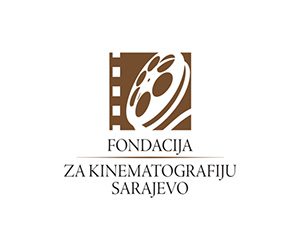
14/10/2022
Brother and sister on opposite sides of the revolution: 'I couldn't give up on this film'
The awarded documentary ‘After a Revolution’ that is screened in the official program of the 23 Mediterranean Film Festival is a story of a brother and sister who fought on opposite sides of the 2011 Libyan uprising. In the years that follow they try to navigate their PTSD as they raise their children amongst the chaos. Formally civilians, our siblings are constantly pulled between family or country, survival or change, unable to escape their recent past. This intimate story and everything that was happening after the revolution attracted the Italian director Giovanni Buccomino.*Why Libya and this story?
Very little is known of Libya, despite the revolution, its aftermath and the proxy war being a global affair. When I moved to Libya after the revolution I was absorbed by a country seemingly in the midst of a rebirth, drawn to the energy, the voices and stories previously unheard. In the years that followed, this hopeful naive feeling became consumed by differing powers, countries and stakeholders at war. Each seeking out their own interest within the void, as assassinations and human rights abuses surged. However this is not a “what happened in Libya” film, it never can be. I cannot explain what happened in Libya, nor it is my role. This is a close up, complex psychological journey of war, chaos and healing, beyond the headlines, through the intimate aftermath of two fighters. Hence the title"After A Revolution” (personal or political), rather than After the “Libyan revolution”.
What made you gravitate towards making this film?
There are many reasons at play when you make a film like this. At the beginning there is a coincidence. You’re involved in something else and you meet someone that tells you a story. That someone was brother and sister who fought on opposite sides of a revolution. This resonated deeply for me on a personal level beyond just coincidence. In their youth my own parents had run away from their town because their families did not want them to get married. They were from two families on opposite sides since the Second World War: fascists and communists. These two stories told me that ideologies and politics are not always as strong as love and family, and that as the saying goes, blood can be thicker than water.
Why these two siblings?
I was living in Libya working on other projects and got to know them. I was amazed by their honesty and openness. Something not to take for granted. Often characters in documentaries play themselves just as we, in our normal lives, play our roles and wear our masks. But them were their authentic complete, complex selves, with me personally, and in front of the camera. This authenticity I could see in them was something of absolute beauty, absolute courage, the courage of showing the good and the bad they were capable of, with no filters. Passionate, determined, beautifully flawed, sometimes infuriating, though incredibly warm and human. We were all in a civil war, I like them, and I guess this makes you see the simplicity of life and value what really counts. We all could die, so why hide behind a mask? That authenticity animates the whole film and sheds a light on the real consequences of war, especially civil wars. As someone who studied history and philosophy this meant having the rare possibility and privilege of listening to a story right in the very moment it was happening, right from those usually unheard, and right before anyone would take property of it. Usually history is written by the winners, or those in power, not from people like these characters. I was with the losers of the war, those forgotten and left alone with their trauma, abandoned by the very powers that create war, on all sides. I felt I was witnessing everything that school books and historians leave behind, or are incapable to tell.
What is the film about if not about the Libyan war?
This is a film about the trauma of war, about the want for justice regardless of sides, and it’s about the wounds wars leave on human beings. But despite the wounds it was also about something else. Even after all they had experienced, the energy and care between them was intact, and it was shining right in front of me - another reason why I made this film. As I became more involved in their story, almost like a brother, my love for them deepened and I knew they were teaching me the lesson: 'never give up'. These two characters never give up, for real. And when many times I thought to give up making a film so difficult, I probably did not give up, because I could not give up, exactly like them.
*Text published in Večernji list


